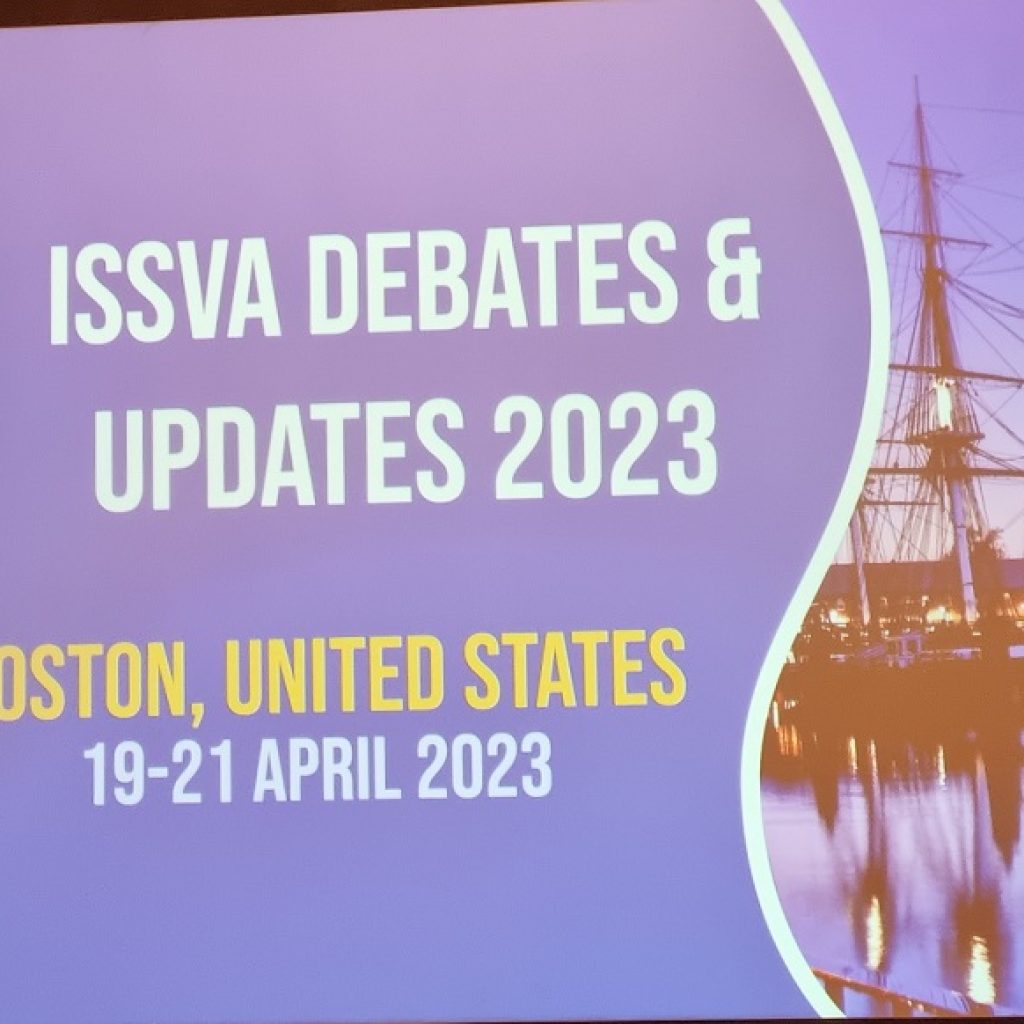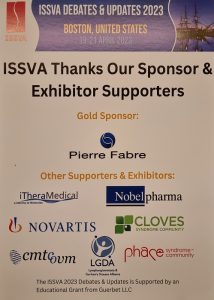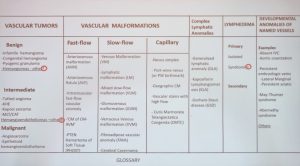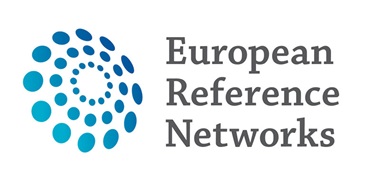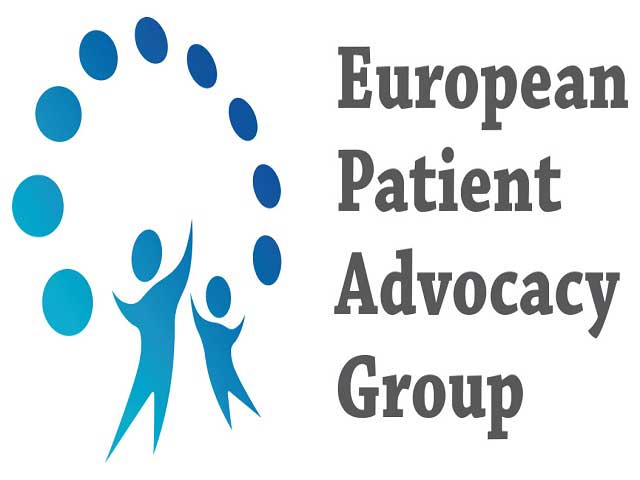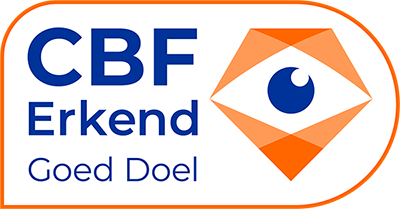The ISSVA (International Society for the Study of Vascular Anomalies) is a multidisciplinary international organization of doctors, scientists and healthcare providers united by an interest in vascular anomalies.
The ISSVA organised a worldwide conference in Boston (USA) from 19 to 21 April. There were 279 participants physically present and 263 participants joined ‘online’.
The title of the conference was ‘Debates & Updates’. The conference was mainly intended for medical/genetic specialists, but patients could also submit ‘cases’ that were then discussed and reviewed amongst several specialists. Of the total of 165 cases submitted, 60 cases were discussed.
It was not permitted to take pictures of cases.
The beauty of this conference is the role of patient organizations. In 2022 during the conference in Vancouver (Canada) it already became clear that the ISSVA management recognizes the important role of patient organizations. We had a stand during the conference in 2022 and that was also in 2023.
During these conferences it became clear that the doctors that we spoke to, broadly support the role of patient organisations within the ISSVA.
ISSVA classification
The first topic discussed was the ISSVA classification of vascular malformations. Regular revision is needed because: a classification is never perfect. Secondly, new disorders are described every year and there is new knowledge about the cause and new treatments are developed.
Classification should be simple, clinically useful and reflect our understanding of biology.
The classification distinguishes between tumors and malformations. Malformation is described as an error in embryological development. A tumor as abnormal cells in a normal environment.
The vascular malformations are subdivided into fast-flow, low-flow and capillary.
During the ISSVA conference, a demonstration was given of a new development in which all information was made available in an interactive manner.
Current ISSVA classification with known genes.
Treatment options (intervention radiology, operation, medication)
Interventional radiology recommends treating AVMs immediately and not waiting to see how they develop.
The well-known drugs sirolimus and alpelisib (in combination with other medications) were also discussed, but the long-term effects are not yet known.
AVMs seem to be treated well with embolization (closing of a blood vessel), which sometimes also involves surgery. In addition, sirolimus and alpelisib are also used.
In the case of overgrowth (PROS = PIK3CA Related Overgrowth Spectrum), alpelisib was used, which mainly relieves pain and reduces the size of the malformation. This is still in its infancy, so much research remains to be done.
Tumors are also classified in the ISSVA classification. Sirolimus also appears to yield good results here. This also applies to lymphatic malformations.
Sirolimus also seems to work well in venous malformations and capillary malformations. Here too, much research remains to be done.
The role of surgery has changed with the advent of medication. Fewer operations but the complexity has increased.
ISSVA and Patient Organisations
During the 2022 conference, we as Patient Organizations (POs) had been discussed. This year a special one-hour session was organized on the possible role and position of POs within ISSVA.
It turned out that there was a lot of support from the audience for including POs in ISSVA. During a ‘live’ survey, 72% of doctors indicated that they already work with a PO.
CMTC-OVM booth
We also had a ‘booth’ in a separate room, in front of one of the two entrances to the main hall, where we presented our organization through a whole series of new leaflets, booklets and a new banner. Of course, we had brought a large amount of Dutch stroopwafels and chocolate, which were again well received!
Several doctors indicated that they already use our material. Thanks to the ‘online’ ordering option of our information material, it is very easy to order material which we then distribute by post. We have developed a special card with a QR code that refers directly to the order page.
Our new series of brochures and booklets stood out clearly and practically all the material has been included.
Dr. Margaret Lee
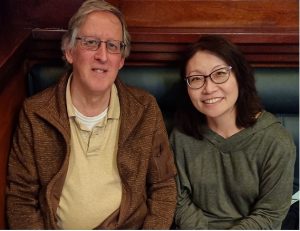
Development ISSVA
A separate smaller session was organized on Friday with the aim of gathering ideas on how ISSVA could develop.
Lex has contributed the following idea:
During the case treatments, an enormous amount of knowledge and experience appeared to be present. This knowledge and experience could be shared via a ‘smart’ database. Both text and photos can be entered here. By using Artificial Intelligence (AI), text and photo analyzes could be made and correlations could be established. A doctor can then enter search terms and then, for example, diagnoses can be made, suggestions can be made and it is known which doctor is involved.
When genetic data is also added, genetic mutations can also be used, for example, to make a prediction about possible complications in the future.
